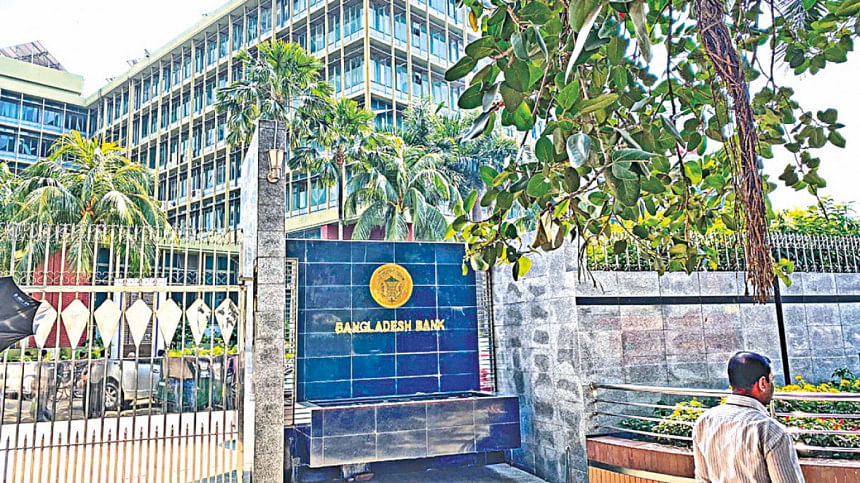Borrow more from non-bank sources

The central bank has said the government will have to borrow more from non-banking sources to finance its expenditures in a bid to rein in higher inflationary pressures as the latter's bank borrowing surged.
The government's domestic borrowing climbed 72.3 per cent year-on-year to Tk 42,717 crore in the July- January period of the current fiscal year of 2022-23, with a major portion coming from the banking system.
On the other hand, net non-bank borrowing witnessed a slower growth during the seven months compared to the same period a year earlier, owing to reduced net sales of national savings certificates (NSCs).
"Considering the ongoing inflationary pressure in the economy, the government will have to attach a big emphasis on borrowing from the non-banking sources in the coming days," said the central bank in its monthly report on government domestic borrowing.
The government has set a Tk 1,46,335 crore domestic borrowing target for FY23. Of the sum, Tk 1,06,334 crore will come from the banking sector.
The target of borrowing from domestic non-banking sources has been fixed at Tk 40,001 crore. This includes Tk 35,000 crore to be generated through the net sales of NSCs.
In July-January of FY23, government net borrowing from the banking system stood at Tk 39,000 crore, representing 36.7 per cent of the target. The borrowing stood at Tk 10,280 crore in the same period of 2021-22.
The net borrowing from non-banking domestic sources was Tk 3,716 crore in July-January, accounting for 9.3 per cent of the goal. It was Tk 14,517 crore in the identical seven-month period of FY22.
NSC sales amounted to Tk 48,756 crore in July-January but the government paid back a principal amount of Tk 51,826 crore during the same period. As a result, the net borrowing turned a negative Tk 3,069 crore.
The request from the central bank comes as inflation has stayed at an elevated level in Bangladesh for nearly a year, owing largely to the escalated prices of commodities in the global markets and the sharp fall in the foreign currency reserves.
Inflation climbed to 8.78 per cent in February, breaking a five-month declining trend. It had surged to a 10-year high of 9.52 per cent in August.
Zahid Hussain, a former lead economist of the World Bank's Dhaka office, described the central bank recommendation appropriate since a higher government borrowing stokes inflationary pressures.
"This is because the money is being borrowed from the central bank."
He, however, said most of the non-bank borrowing comes from the sales of NSCs where the interest cost is higher compared to the rates in the banking sector.
The government paid Tk 27,432 crore in July-January of FY23 in the form of interest against NSCs, BB data showed.
The government had earmarked Tk 80,375 crore to service both foreign and domestic loans in FY23. The revised budget has raised it to Tk 90,000 crore.
For the next fiscal year, more than Tk 100,000 crore would be needed to this end.
The government's expenses on interest payments rose about 22 per cent to Tk 40,792 crore in the first half of the fiscal year, owing to the sharp depreciation of the taka against the US dollar and higher expenditure on treasury bills.
According to Hussain, amid the rising bank borrowing and the costlier non-bank borrowing, Bangladesh is left with two options to reduce the budget deficit: raising more revenues or cutting expenditures.

 For all latest news, follow The Daily Star's Google News channel.
For all latest news, follow The Daily Star's Google News channel. 




Comments